IEEFA
The Institute for Energy Economics and Financial Analysis (IEEFA) examines issues related to energy markets, trends, and policies. It aims to accelerate the transition to a diverse, sustainable and profitable energy economy.
PLN to face three risks amidst continued coal-fired power generation
PLN to face three risks amidst continued coal-fired power generation
The state-owned firm can implement specific models to mitigate the effects of the transition away from coal.
Jharkhand needs $256b to fuel clean energy transition in India
Its renewable energy potential positions it as a hub for low-carbon manufacturing.
How will early retirement of coal-fired assets benefit Pakistan?
If the Sahiwal coal-fired plant is closed early, this could avoid up to 38 million tonnes of emissions.
Global turbine crunch threatens Vietnam and Philippines gas power
The shortage is seen to delay projects in the said countries.
Gas plants fall idle as India’s power mix shifts
High fuel costs and poor competitiveness have left 8GW of gas power capacity stranded.
How can Indonesia achieve its 2034 renewable energy target?
The rapid rollout of projects should include three factors.
How to enable a just transition in emerging economies
The shift to cleaner energy sources must be coupled with support for affected communities.
How can Indonesia boost renewable energy development?
A shared transmission network can provide additional revenue for PLN.
Standalone energy storage projects nearly 65% of issued Q1 tenders in India
Such projects are increasing, thanks to government support.
India issues more utility-scale renewable tenders in 2024
Last year’s data also exceeded the government’s target.
Renewables, batteries key to Indonesia's energy future: IEEFA
These technologies provide affordable investment opportunities, it said.
India sees record renewable installations under GEOA
Gujarat and Rajasthan are leading the growth.
Cambodia urged to rethink its costly LNG ambitions
It should learn from peers who struggle to fuse the costly fuel into their energy systems.
Clean power must meet Asian demand amidst fading coal investment
Weaning the region off coal is a challenge, with rising electricity requirements.
Grid shift key to Bangladesh's power efficiency
Reforms can lead to billions of savings.
Singapore told not to be a test bed for small modular reactors
There are other power sources that are easier and cheaper to deploy, experts said.
Small modular reactors are a long-term solution, not a quick fix
Countries should focus on renewables which are easier to deploy, experts said.
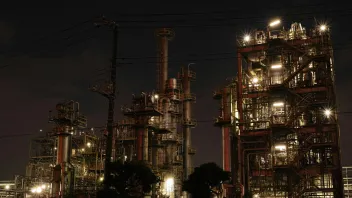
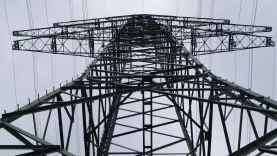



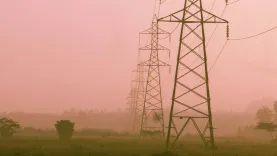
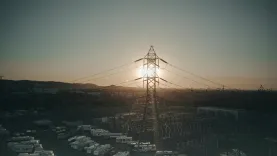
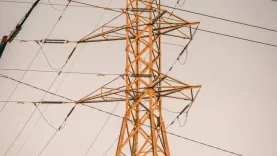
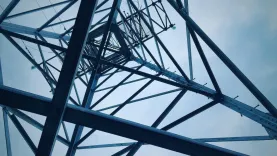
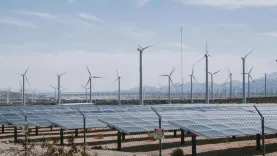
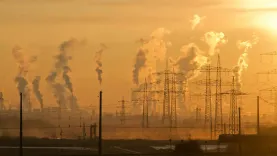
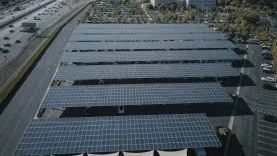


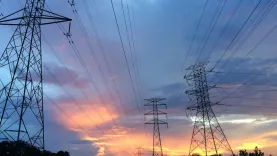
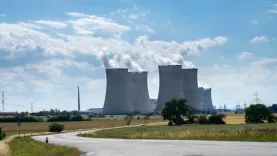


 Advertise
Advertise















Commentary
What a $635b investment push could mean for India’s refineries and thermal power plants